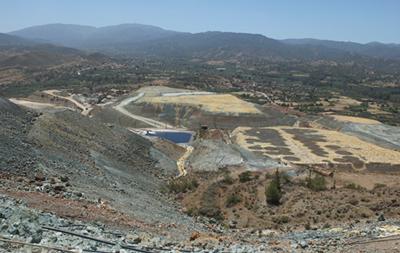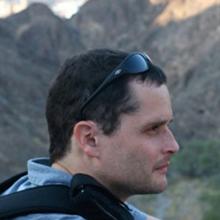Removing CO2 from the atmosphere to counteract global warming

Researchers in Ocean and Earth Science at the University of Southampton have been awarded funding to develop innovative methods to capture CO2 from the atmosphere to counteract global warming and climate change. Large-scale removal of greenhouse gases, alongside drastic reductions of emissions, will be essential to restrict global temperature rise well below 2°C by the end of this century as proposed by the 2015 Paris Agreement. This award is part of a £8.6 million UK research programme on Greenhouse Gas Removal.
The Southampton team, Prof. Rachael James, Dr. Juerg Matter, Dr Phyllis Lam and Prof. Damon Teagle, are major players in a successful consortium led by Oxford University together with the Universities of Cambridge and Cardiff. The Southampton research will investigate whether waste mine tailings from metal and diamond extraction can be harnessed to remove greenhouse gases.
Professor James explains, “The metals we need for modern society are mined at very low concentrations, from a few percent down to parts per million. Consequently, mining produces huge amounts of freshly ground waste rock, but these waste rocks contain high concentrations of elements such as calcium and magnesium that if dissolved can capture CO2. On geological time scales, this is the natural process of chemical weathering that the Earth uses to regulate CO2 in the atmosphere and maintain our planet’s habitability. The question is, can we use mine tailings to accelerate carbon dioxide uptake? We will investigate the availability of suitable materials and mechanisms to speed up their chemical breakdown. The key will be to develop processes that can be up-scaled to make a difference. This requires capturing multi-gigatonnes of CO2.” Consequently a major part of this project will be to assess the impacts on the environment, society and public attitudes.
More information about this project, and other projects that will be undertaken as part of this research programme, can be found at www.nerc.ac.uk/press/releases/2017/09-greenhousegas



